Canadians pay it forward to move on from the COVID-19 pandemic

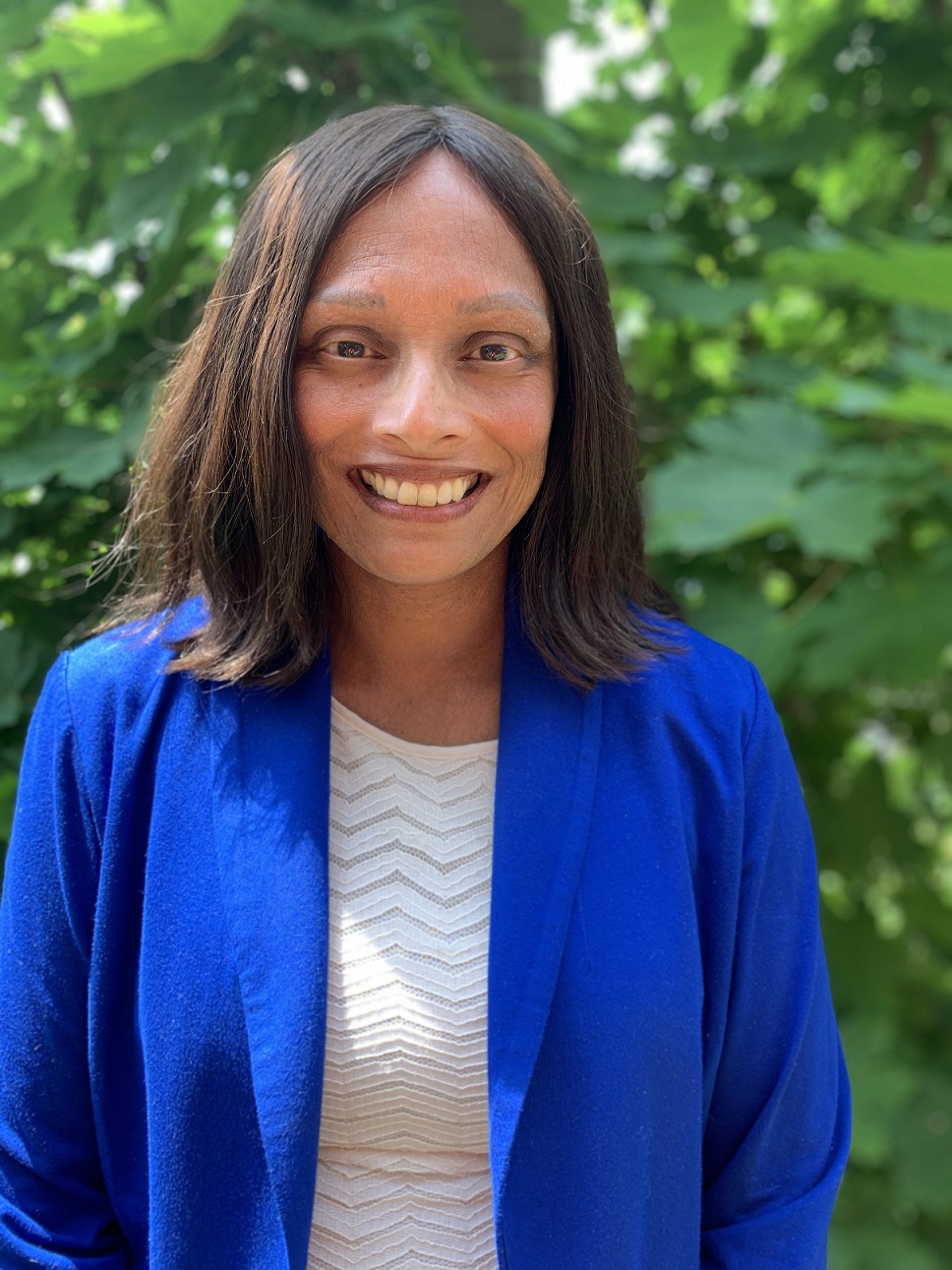
When Canadians began getting COVID-19 vaccinations last year, many felt moved to help people around the globe also receive their vaccines.
Enter GiveAVax, a campaign that allowed Canadians to contribute funds—matched dollar-for-dollar by the Government of Canada—for UNICEF to distribute COVID-19 vaccines to low- and middle-income countries. The funds have enabled UNICEF to cover the per-person cost to transport vaccines to destination countries, to keep them viable—for example, by protecting the “cold chain” during the journey—as well as to train health-care workers to effectively administer the vaccines and to safely dispose of needles and waste.
By the time GiveAVax ended in September 2021, the program had raised a total of $19.4 million, doubling the almost $9.7 million donated by Canadians to UNICEF Canada within the span of a few months.
Real gratitude
Rowena Pinto, the chief program officer for UNICEF Canada, which acts as an implementation partner for global vaccinations, says the donations made to GiveAVax reflected the “real gratitude that Canadians were starting to feel” when they received their vaccines.
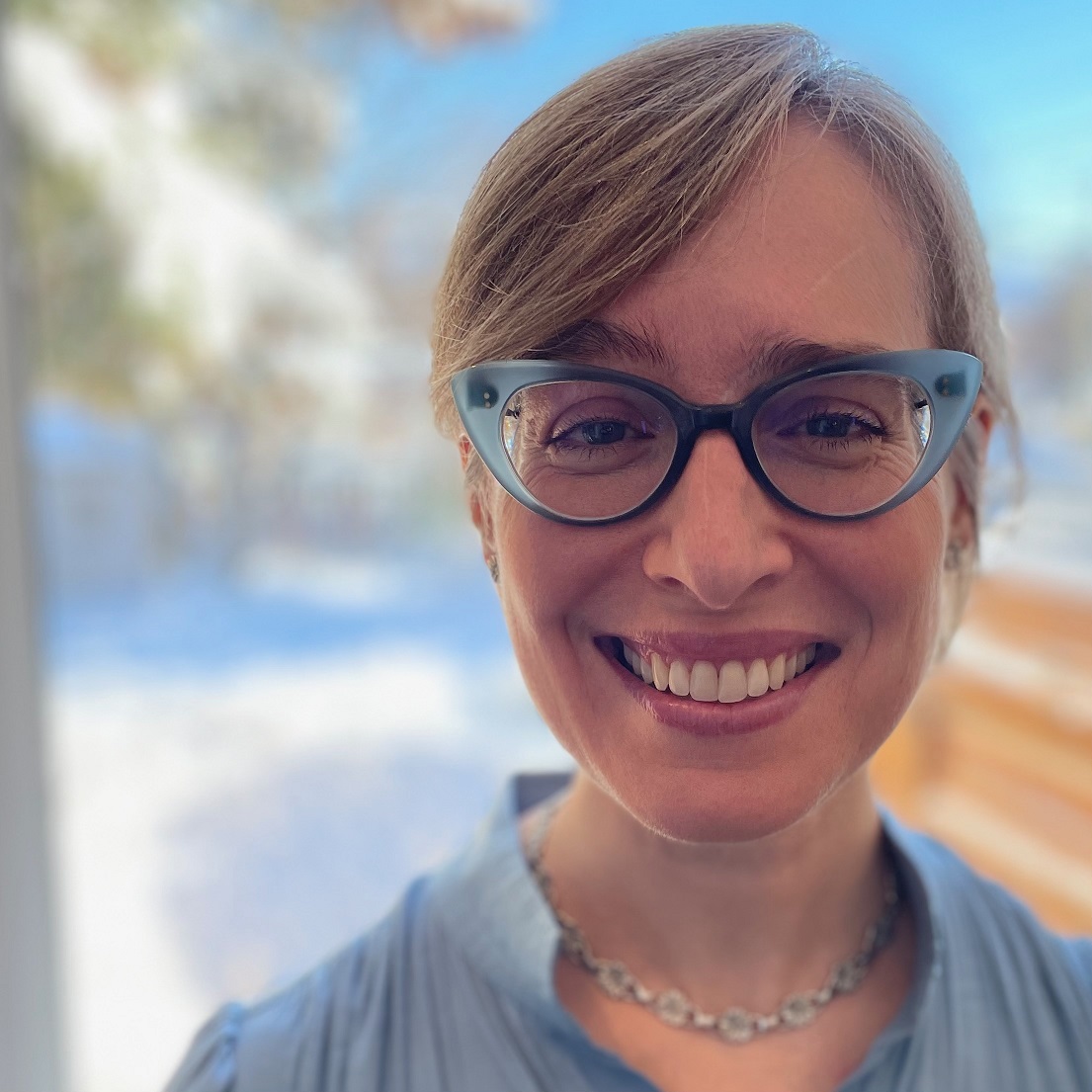
“It was an opportunity for Canadians to pay it forward,” she says. People felt a lot of empathy for those adversely affected by the pandemic, with children out of school, health-care struggles and job losses. Those problems were recognized to be greater in countries where “people might not be able to get their hands on a vaccine as easily,” Pinto notes. GiveAVax “was a great opportunity for Canadians to be part of ending the pandemic for everyone.”
When such donations are doubled by the government, people see their contribution “as an investment as well…Your money will go twice as far. That’s a very compelling reason to give to an organization,” Pinto says. “When the Government of Canada comes to the table and partners with an organization like UNICEF, it brings credibility.”
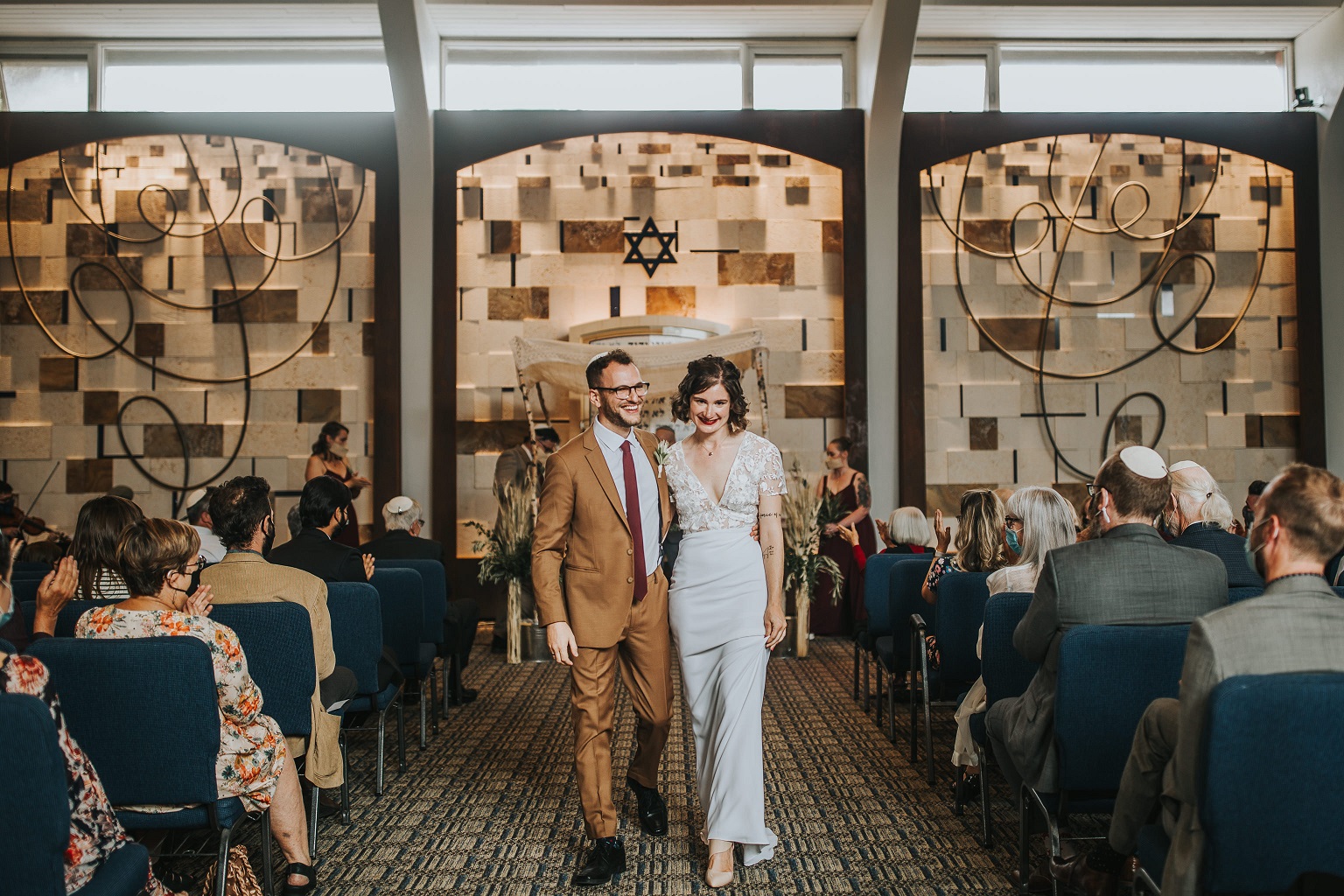
GiveAVax was a program that aimed to empower Canadians to actively participate and contribute to Canada’s global COVID-19 response. Since the beginning of the pandemic, Canada has been working to ensure that countries around the world have access to COVID-19 vaccines through financial investments, the donation of surplus vaccine doses and support for vaccine roll-out and delivery, all via the COVID-19 Vaccine Global Access (COVAX) Facility.
“It’s in our DNA”
For Love My Neighbour, a national movement to gift COVID-19 vaccines to people in lower-income countries through UNICEF, the GiveAVax program doubled the $536,000 donated and raised by its participants. These ranged from a couple getting married in Calgary to a Presbyterian minister in Cornwall, Ontario, who needed a haircut and a Toronto youth celebrating a landmark birthday.
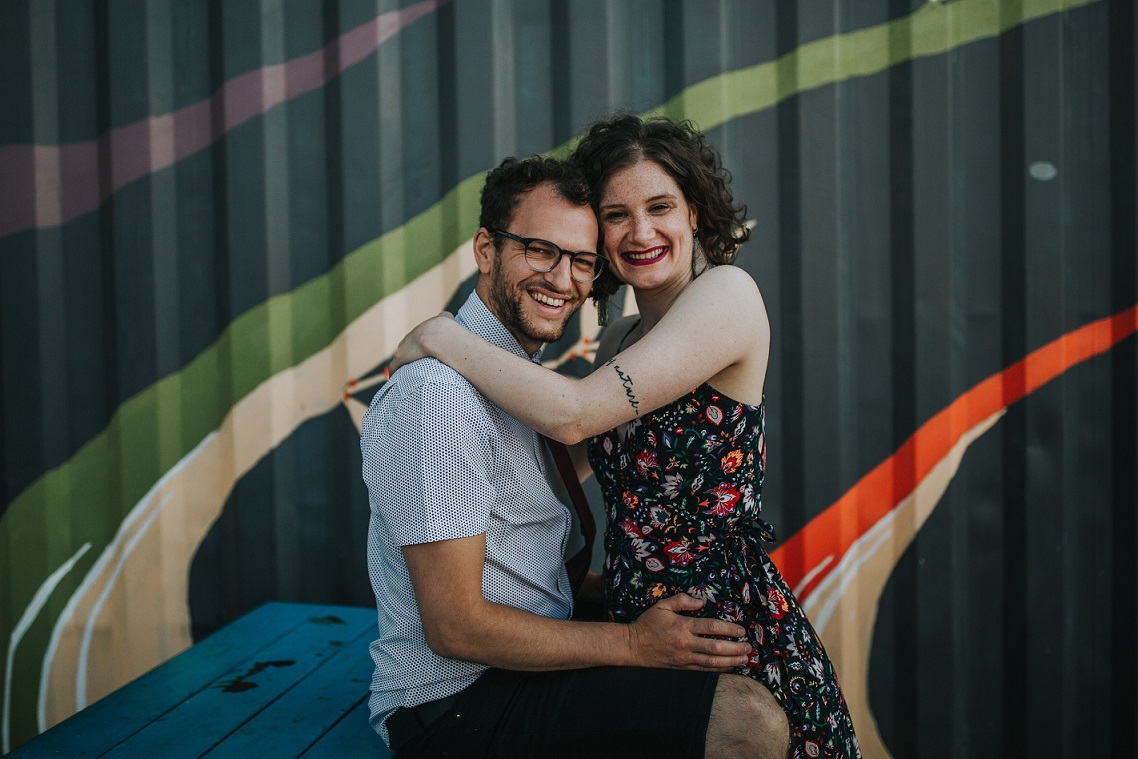
Sara Hildebrand, project coordinator of Love My Neighbour, started the group in early 2021 with the support of more than 30 organizations and multi-faith communities. She believes GiveAVax resonated with Canadians “because we respond in times of crisis with love and generosity. It’s in our DNA; it’s like breathing.” She notes that many Canadians also have family and friends living globally and feel a sense of solidarity with those places.
The campaign additionally provided an “active and compelling alternative to the helplessness that Canadians have been feeling throughout the pandemic,” Hildebrand comments. “It was something you could do when you felt like the world was spinning out of control. While ending the pandemic felt like it was out of reach, there was something bite-sized that you could contribute.”
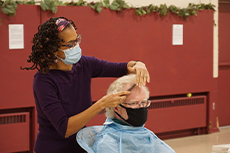
Amplified joy
For their wedding last September 5, Amy Matychuk and Peter Driftmier asked their guests to donate to vaccine equity in lieu of gifts. The Calgary couple’s request followed the Jewish social justice concept of tikkun olam, which means to repair or heal the world.
“We always knew we were going to support a charity, so this quickly became the obvious choice, given the context,” says Matychuk, a lawyer. The donations made through Love My Neighbour “amplified our joy on our wedding day—an event only possible thanks to vaccines,” she says. The couple asked guests to also sign a petition to suspend patents to further make vaccines accessible.
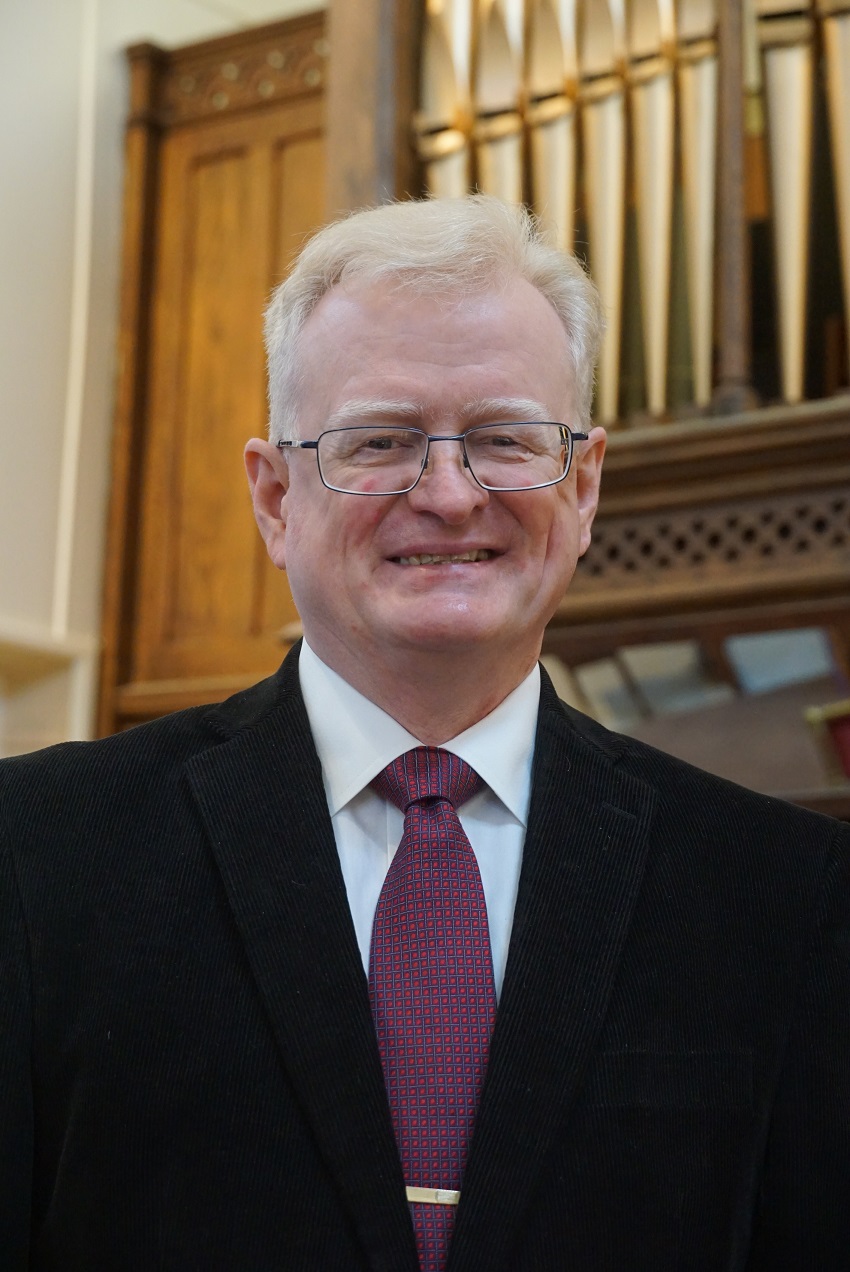
“I would encourage anybody right now planning a wedding to consider creating a fundraiser for COVID vaccinations,” says Driftmier, a social worker and mental health therapist. The couple continues to make donations as gifts, and they plan to add to the fund to mark other occasions, including their first anniversary. “Ending the pandemic all over the world is within our reach,” Driftmier adds.
A public buzz cut
When Reverend Robert Adams, a minister at St. John’s Presbyterian Church in Cornwall, decided to finally get a haircut last summer amid a protracted COVID-19 lockdown, his congregation made it a public event and raised donations for UNICEF. On the August holiday weekend following Sunday services, which are livestreamed, the cameras were left on while Adams was given a buzz cut in the church gymnasium.
The GiveAVax campaign reminded parishioners who were excited and relieved to be getting their COVID-19 shots that others were not as lucky, Adams says. The fact that the Canadian government matched the donations was important, he comments. “People like to see that they’re making a difference and that they’re working in concert with others on a bigger project.”
Adams says the campaign “has come off the front burner” given other humanitarian crises, such as the conflict in Ukraine. But he’d like to see his congregants refocus their efforts on global vaccinations. “There are so many places in the world where first doses are just a dream.”
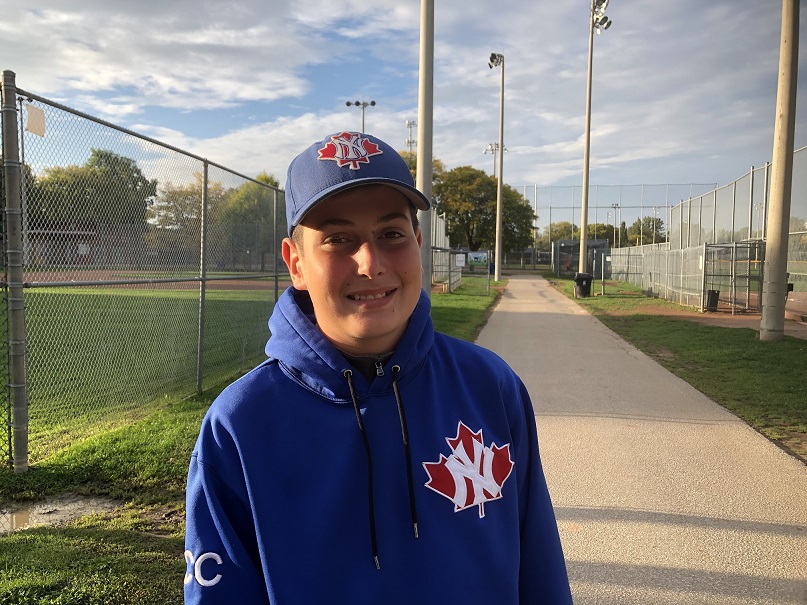
A birthday gesture
Feeling inspired by GiveAVax to continue supporting global vaccination efforts, Carter Carpenter sought to raise $13,000 beginning in the summer to mark his 13th birthday last October 8.
“We’re really lucky in Canada that we have our health care provided for us, and it’s just a really good gesture to help out the people who don’t have that,” says Carpenter, who has a passion for geography. He is also on the youth advisory team of Millennium Kids, a group that encourages young people to advocate for the UN Sustainable Development Goals.
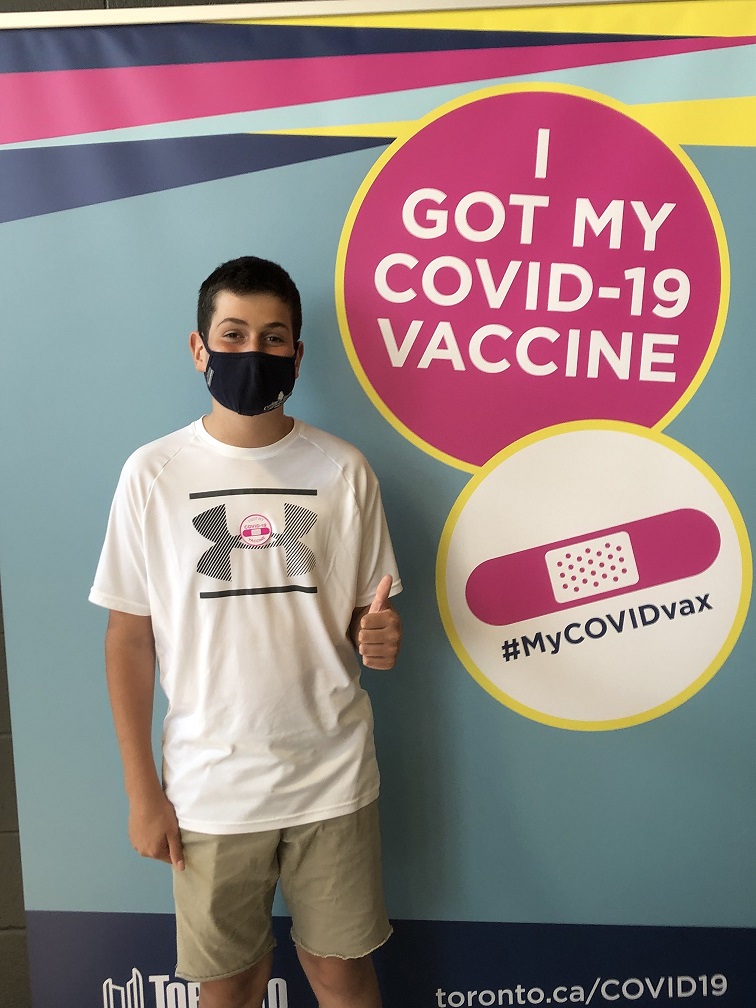
His mother Alana Walker Carpenter is “humbly proud” of Carter’s commitment to raising funds for vaccinations instead of receiving birthday gifts, because kids at 13 typically “start being so consumed by stuff.”
The campaign continues
Hildebrand says Love My Neighbour continues its campaign to raise awareness and funds for vaccine equity. “Even small donations from all of Canada would make a big dent in getting vaccines to our hardest-to-reach neighbours.”
Pinto feels that hearing about the global COVID-19 vaccination effort through programs like GiveAVax has made Canadians more aware of the difficulties faced in lower-income countries. “Having gone through the COVID experience, people can get their heads around what that means,” she adds.
As of late April 2022, UNICEF had delivered 1.43 billion vaccine doses to 145 low- and middle-income countries through COVAX.
- Date modified: